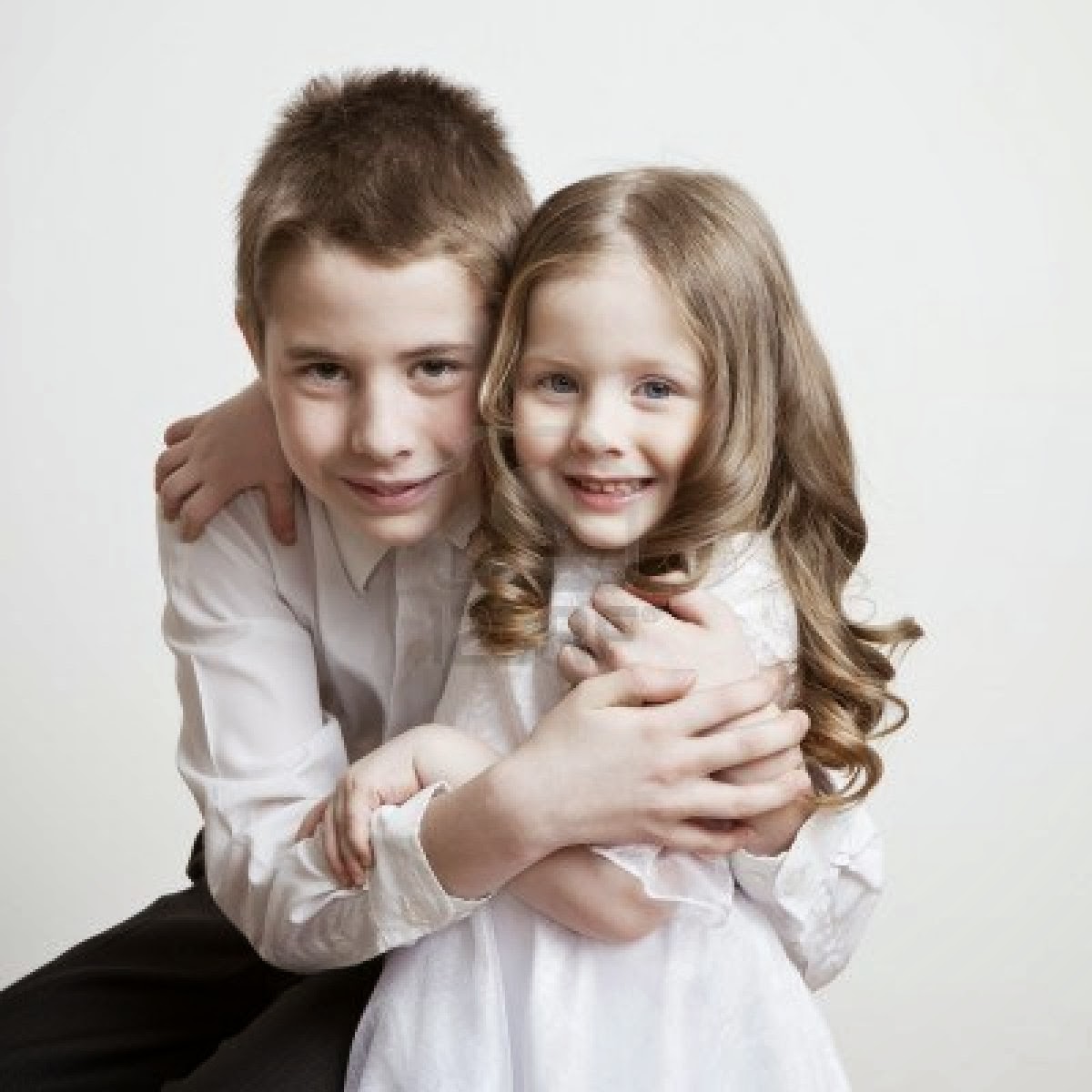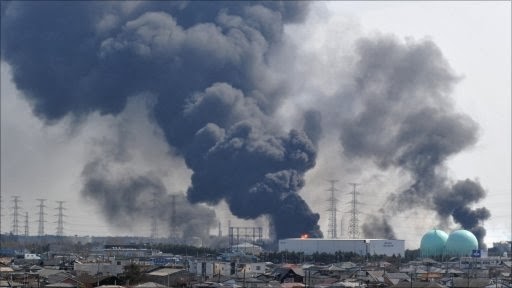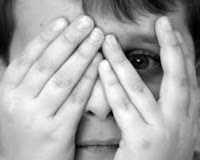Anger-Control Contracts for Frustrated Kids on the Autism Spectrum

Would you say your child has frequent mood swings and an anger-management problem? If so, then read on… As a parent of a child with Asperger’s (AS) or High Functioning Autism (HFA), it’s a very good idea to draw up a written contract detailing the things you want your child to practice in the course of his anger-management program. Drafting such a contract is a way of providing structure and support, which is crucial for children on the autism spectrum since they need and crave structure. The items included in the contract should be written from the perspective of the child (i.e., phrased in the first person). For example, “When I get angry, I will stop what I’m doing and go get my favorite stuffed toy to hug” …rather than, “When Michael gets angry, he will stop what he’s doing and go get his favorite stuffed toy to hug.” The details of the contract are important. You want to be very specific in describing: The goals for the anger-control program (i.e., what you hop


